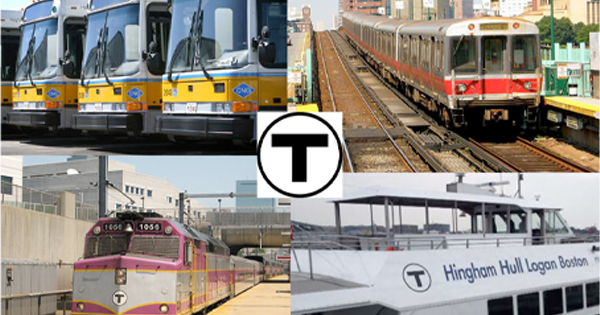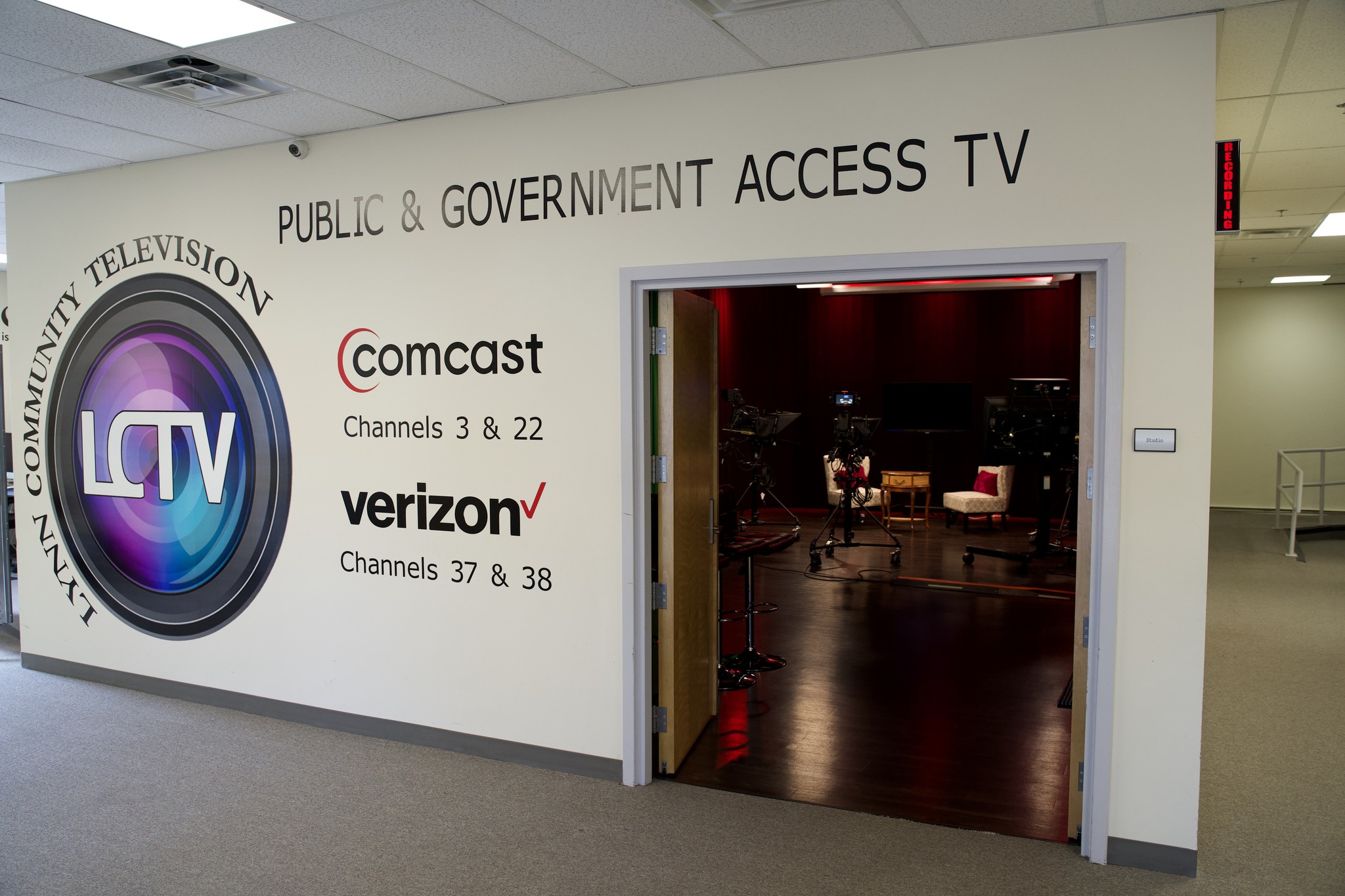
Coming off the heels of Climate Week, the Massachusetts Bay Transportation Authority (MBTA) provided an update to the MBTA Board of Directors on its efforts to increase the Agency’s environmental sustainability and resilience today. Sustainability is one of the Agency’s values, and the MBTA recently released agency-wide goals to guide its work, including a goal focused on reducing environmental impacts and increasing the resilience of the transit system. In support of this goal, the Agency is establishing a new Climate and Resiliency Policy and Planning team as part of the Policy and Strategic Planning Division that will be tasked with decreasing the Agency’s and the Commonwealth’s environmental footprint and increasing the resilience of the MBTA system.
“We have taken meaningful strides in recent years to increase the sustainability and resilience of our state’s public transit system,” said MBTA General Manager and CEO Phillip Eng. “From securing grants to fund environmental initiatives to reducing emissions through fleet electrification, the MBTA is firmly committed to building a greener, more climate-ready transit network. I know that under Assistant General Manager for Policy and Strategic Planning Lynsey Heffernan’s direction, the team’s work will spark transformative change on sustainability and resilience.”
While the work is far from over, in the past several years, the MBTA has taken a number of significant steps to increase the transit system’s environmental sustainability and resilience, including:
- Workforce: Signed a new contract with its largest union that increases operator pay, which will help retain and attract the workforce needed to support sustainability initiatives and increase reliability of the system.
- Finance/Grants: The MBTA is aggressively pursuing all federal funding opportunities including securing over $117 million in federal grants for environmental initiatives. The MBTA has also received funding from the state for flood protection and climate vulnerability assessments.
- Emissions reduction: Reduced energy consumption by 20% and emissions by 48% over the past decade. The MBTA is also committed $600 million to modernize the bus facilities to support efforts to electrify the bus fleet by 2040. An additional $120 million is committed to procuring battery electric buses.
- Buildings, facilities, materials, and construction: The MBTA requires all new projects to meet new robust design standards addressing both energy efficiency and resilience for the future. For example, the new MBTA Bus Facility Design Guidelines, updated in March of this year, now includes extensive guidance on how to construct a resilient facility.
- Solid waste: Established single-stream recycling in all stations and is working to expand this program to other lines and modes. The MBTA is also recycling railroad ties and hazardous waste.
- Operations: Redesigning its bus network to make transit a more competitive alternative to driving. The MBTA is also increasing frequency on its Commuter Rail lines and exploring new opportunities for regenerative braking.
- Public health and resilience: Conducted vulnerability assessments of its rapid transit lines and is investing in flood mitigation and other resilience measures. The MBTA is also working to improve water quality and conservation.
- Economic development: Reviewing all transit-oriented development and real estate projects on or adjacent to its property to ensure that they support sustainability and resilience.
- Future planning: The MBTA is also in the process of building a Climate and Resiliency Planning group that will be tasked with overseeing this T’s sustainability efforts and goals.
These comprehensive sustainability efforts are being carried out in partnership with key stakeholders, such as the Commonwealth’s Office of Climate Innovation and Resilience under Chief Melissa Hoffer, the Executive Office for Administration & Finance, and the Massachusetts Department of Transportation in all of the MBTA’s initiatives.
“These efforts align with our core mission of providing the community safe, reliable, and equitable transportation services. As we develop our comprehensive sustainability plan, we look forward to continued progress in making the nation’s oldest subway system a leader in 21st-century green transit.”
Assistant General Manager for Policy and Strategic Planning Lynsey Heffernan
These efforts align with Healey-Driscoll Administration’s and the Massachusetts Department of Transportation’s aggressive approach to addressing the climate needs of the Commonwealth.
For more information, please visit mbta.com/sustainability, or connect with the T on X (the site formerly known as Twitter) @MBTAand @MBTA_CR, Facebook /TheMBTA, Instagram @theMBTA, Threads @thembta, or TikTok @thembta.
The above press release was submitted to us by the MBTA.
If you have a news story that you would like to share, please contact us via email or call 781-780-9460.

